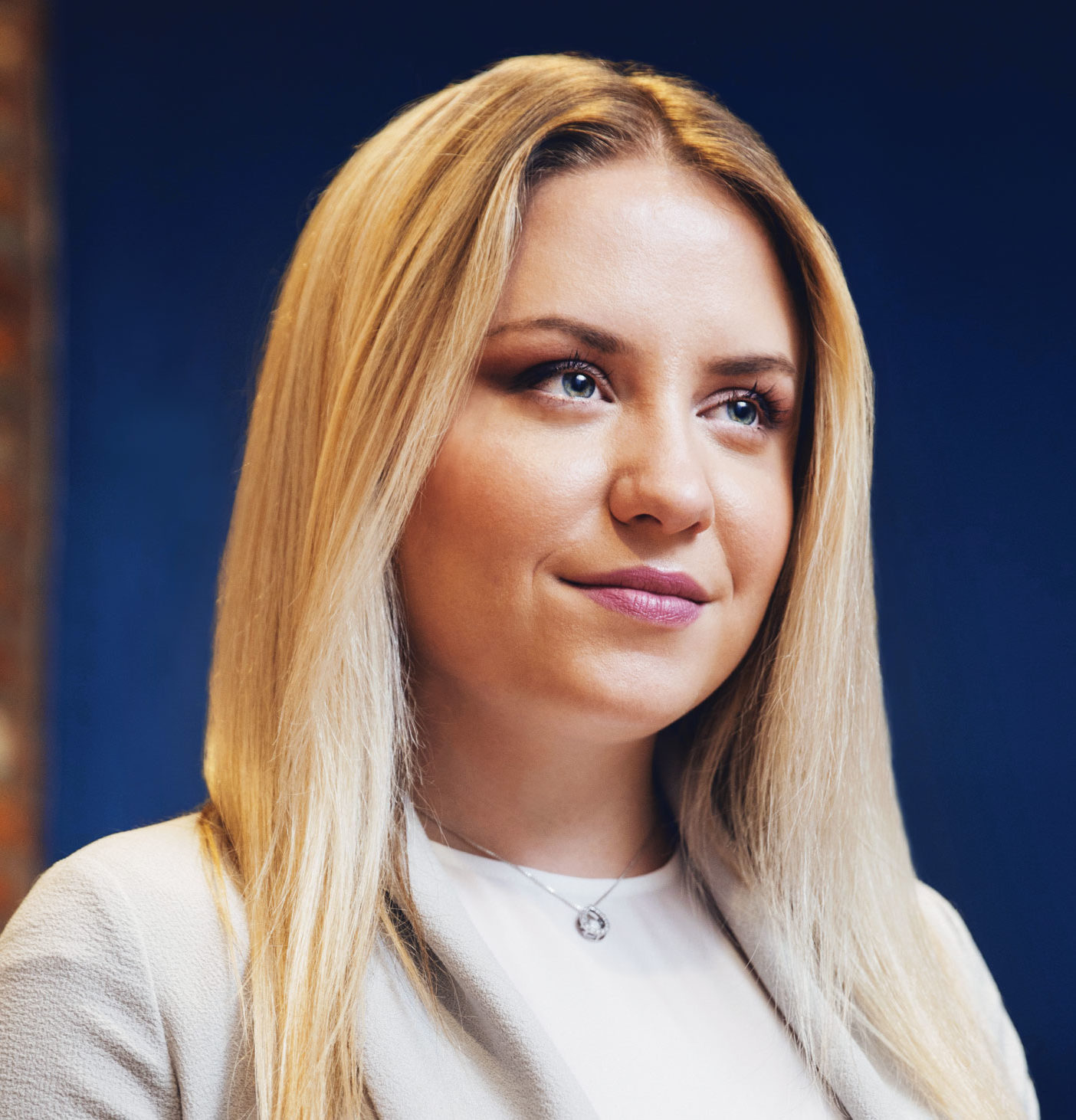
Heather Donkers never imagined going to law school. Her parents, who worked as a tool-and-die maker and an administrative assistant, hadn’t gone to university. Neither had any member of her extended family. “I couldn’t picture myself in law school,” says Donkers, who grew up in Newmarket, Ont. “It seemed unattainable.”
But then a tragic life event inspired her to pursue the impossible. As an undergraduate student at Queen’s University, Donkers was the victim of a sexual assault. Over the next two years, she cooperated with the police investigation and testified in court. By the time the trial ended, in a guilty verdict, she had made up her mind. “I was going to become a lawyer,” she says. “I wanted to work in the criminal justice system, where I could be a voice for survivors.”
Donkers has willed that goal into reality. In June, she graduated from Osgoode Hall, and, this coming fall, she will start articling at the Crown’s criminal-law office in Toronto. But that achievement has come with an astronomical price tag: at 24 years old, Donkers carries $195,000 in student debt. It’s a staggering amount that, at times, feels insurmountable. “The reality is, I need to pay this money back,” she says. “And I don’t know how I’m going to do that.”
There’s no way to generalize about the cost of law school in Canada. If you study law in the Prairies — at the University of Calgary, the University of Alberta or the University of Saskatchewan — your tuition sits around $13,000. But if you attend McGill University and you’re a resident of Quebec, it’ll only cost you around $4,700. And in Toronto, of course, the numbers skyrocket. Tuition at Osgoode Hall is about $28,500 and, at the University of Toronto, the price swells to $34,500. At the low end, the cost is actually modest; at the high end, it’s monstrous.
* * *

Heather Donkers, a recent graduate of Osgoode Hall, is pictured here at Robichaud’s Criminal Defence Litigation, where she worked part-time as a student.
Donkers didn’t expect a free education. At 14, she worked as an ice-cream scooper at the Marble Slab Creamery in Newmarket. That part-time job helped fund her first year at Queen’s. Throughout her undergraduate career, she also worked as a residence don. And yet, after graduation, she still owed the bank $30,000.
The next year, she arrived at Osgoode Hall. The tuition was a major burden. Donkers was forced to live a bare-bones student life, made possible by a student loan, credit cards and cut corners. In anticipation of recruitment season, she bought her professional wardrobe at Banana Republic on Boxing Day. “I have been extremely conscious about spending,” she says. “I never buy anything that’s not on sale. Ever.”
As a 1L, Donkers lived on campus, but, over the next two years, she lived in Newmarket with her parents. And she never stopped working. Whenever it was possible, she took on research-assistant positions with professors. In her third year of law school, she worked part-time at Robichaud’s Criminal Defence Litigation, writing blog posts for the firm’s website.
Some expenses were unavoidable. As a 2L, Donkers landed a competitive internship at the United Nations, and she took the Geneva-based job even though it added $10,000 to her debt. On occasion, she splurged for leisure. There was a recent spring flight to Peru, which she paid for with credit-card points; during her two-and-a-half weeks in the country, she stayed in ultra-cheap hostels. And to keep grounded, she sometimes shelled out for a manicure or a massage. “That might look frivolous,” she says. “But it was an investment in me functioning as a law student.”
* * *
As an articling student at the Crown’s office, Donkers is set to earn a salary of about $67,000. At a glance, that’s a decent income, but it will barely cover her expenses. You might have heard that rent in downtown Toronto is notoriously steep. This is true. Donkers doles out $1,220 to live in a two-bedroom apartment with a roommate. Not to mention the fact that she has to pay back the bank. Her line of credit costs $680 a month; and her government loan costs $722. On this schedule, it will take at least 15 years for Donkers to free herself of both debts.
Despite that intimidating financial burden, she has an unwavering commitment to making social change. “I went into law school thinking that I was going to work in the criminal-justice system,” she says. “I have never lost that desire.”
Though she wasn’t tempted to take a Bay Street position to pay off her debt faster, many of her classmates have made that choice. “Some of my friends, who I never guessed would have gone into a corporate firm, have done exactly that,” says Donkers. “I think some of them have had to prioritize debt repayment over the human-rights work they hoped to do in law school. We need to have a much deeper conversation about the consequences of student debt. It takes such an enormous toll, both mentally and financially.”

This story is from the 2019 edition of PrecedentJD Magazine
Photography by Jennifer Roberts
